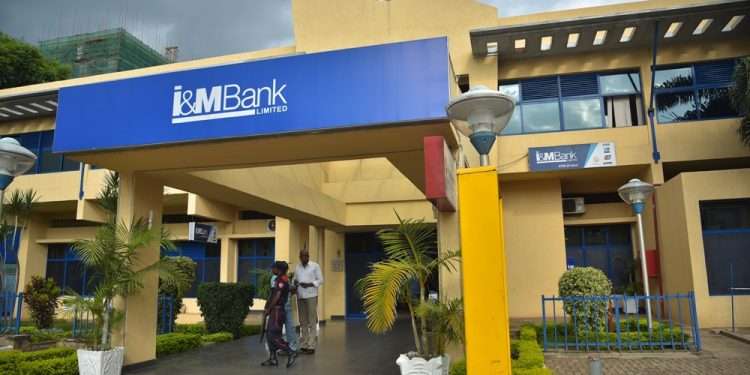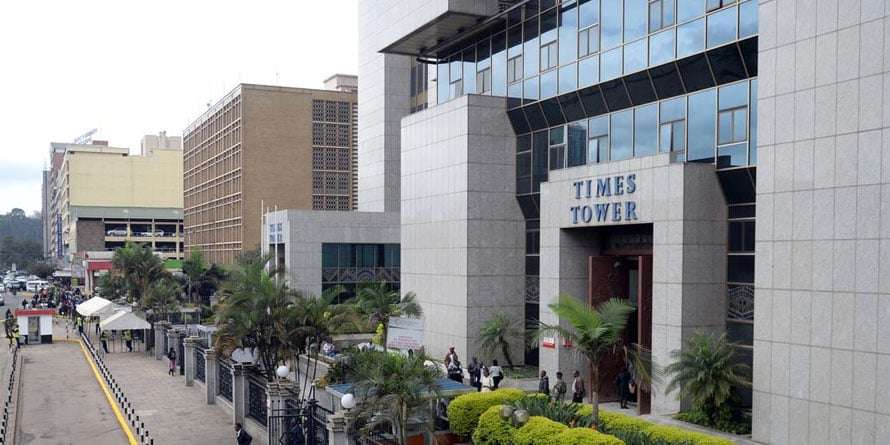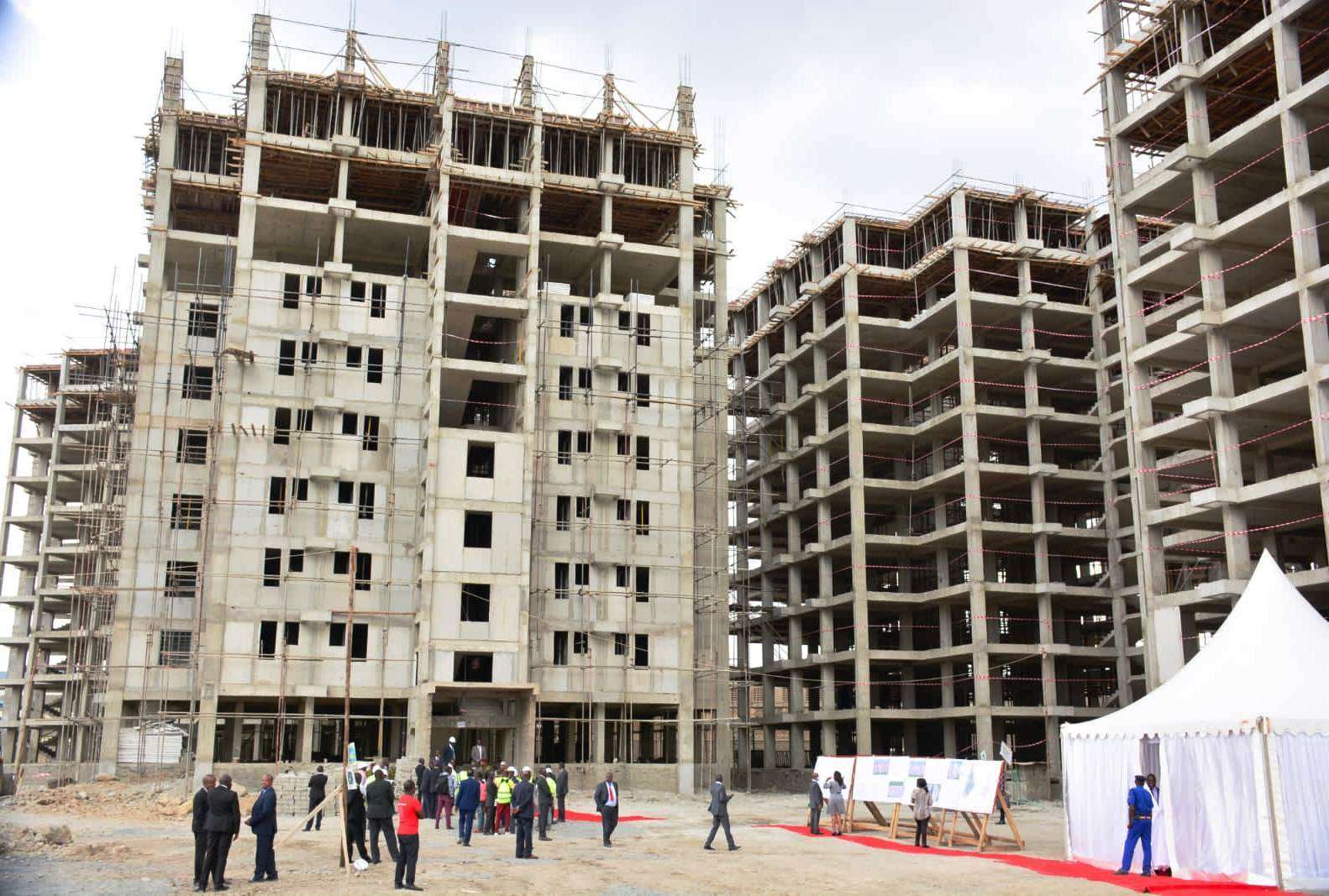By The Weekly Vision Team
A case in which a former National Bank of Kenya employee James M. Niiri had sued the bank for having been placed on compulsory leave for six years has been concluded. The legal battle between Mr Niiri and NBK commenced on January 8th, 1998, with the former filing a lawsuit. An amendment to the suit was later made on May 8th, 1999. Interestingly, the most recent amendment was enacted on November 14th, 2022, an astonishing 24 years after the initial filing.
Mr Njiiri joined the bank on 1st July 1972 on permanent and pensionable terms and rose to become the Chief Inspector of Branches from 6th September 1989 earning a basic salary and other allowances including housing, domestic servant, garden maintenance, transport leave travelling allowance, medical, night guard, staff pension benefit among others and was to serve up to the age of 55 years.
He claims that on 26th July 1993, the bank’s General Manager, Mr. A.H. Ahmed, issued a letter mandating him to go on a 60-day compulsory leave for allegedly sharing confidential bank information with unauthorized parties. Despite this, he was placed on mandatory leave for 6 years as the bank declined to reinstate him, resulting in his employment being terminated through a letter dated 12th January 1999. Mr Njiiri contended that the accusations made against him were not substantiated.
During his testimony, he alleged that the bank acted with malice by compelling him to go on leave, disregarding his requests and a directive from the President to reinstate him, failing to address his letters, and withholding his overdue salary.
Njiiri states that the bank’s actions caused significant damage to his reputation in the banking field, impeding his chances of securing employment or engaging in a profitable Forex Bureau enterprise. Moreover, his family relationships suffered as a consequence.
Despite the hearing, there was no conclusive evidence to support the claim of confidential information being leaked to unauthorized individuals, leading to the absence of any notice to show cause being issued.
In a ruling dated 17th April 2024 by Judge Jackob Gakeri, the judge noted: “Placing an employee on compulsory leave for almost 6 years without any update on the status of his employment, payment of salary and allowances notwithstanding cannot escape the tag of being wrongful, which is wholly attributable to the Respondent’s indecisiveness which it cannot benefit from”.
The ruling further reads “In sum, it is the finding of the court that placement of the Claimant on compulsory leave from July 1993 to January 1999 was wrongful as the Respondent ought to have devised and proposed to the Claimant an exit strategy and commensurate package within the first one year of the leave, but failed to do so”.
Judge Gakeri ruled “In the end, Judgment is entered in favour of the Claimant against the Respondent in the following terms;
Arrears due to the Claimant but for the compulsory leave 1994 – 1999 as follows;
(i) Monthly salary. (January 1994 – 1999) Kshs.3, 281,378.00.
(ii) Entertainment allowance based on his average claim for the year (Entertainment Allowance 1994 – 1999 Kshs.729,719.20).
(iii) Travelling allowance based on his average claim for the year (Travelling Allowance 1994 – 1999 Kshs.558,768.00).
(iv) (House allowance as prayed for Kshs.425,600.
(v) Leave pay – to be computed by the Respondent as appropriate ((Leave pay, Leave Allowance, Leave travel allowance, pay in lieu of notice, Pension Refund, refund of utilities) – Total Kshs.7,666,599.30)
(vi) Leave allowance – to be computed by the Respondent as appropriate.
(vii) Leave travel allowance – to be computed by the Respondent as appropriate.
(viii) Refund of water, telephone, electricity and medical as claimed Kshs.57, 077.60.




